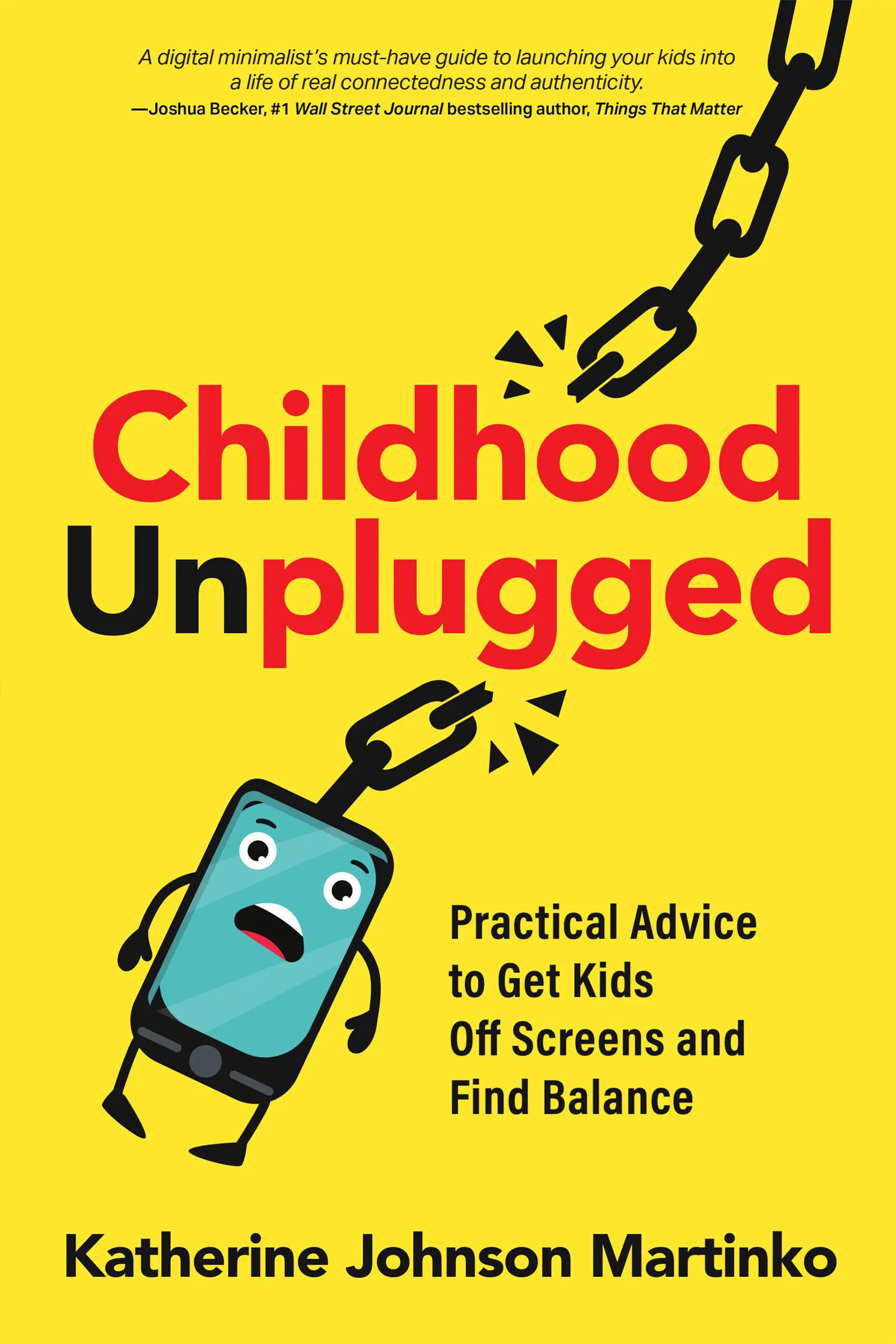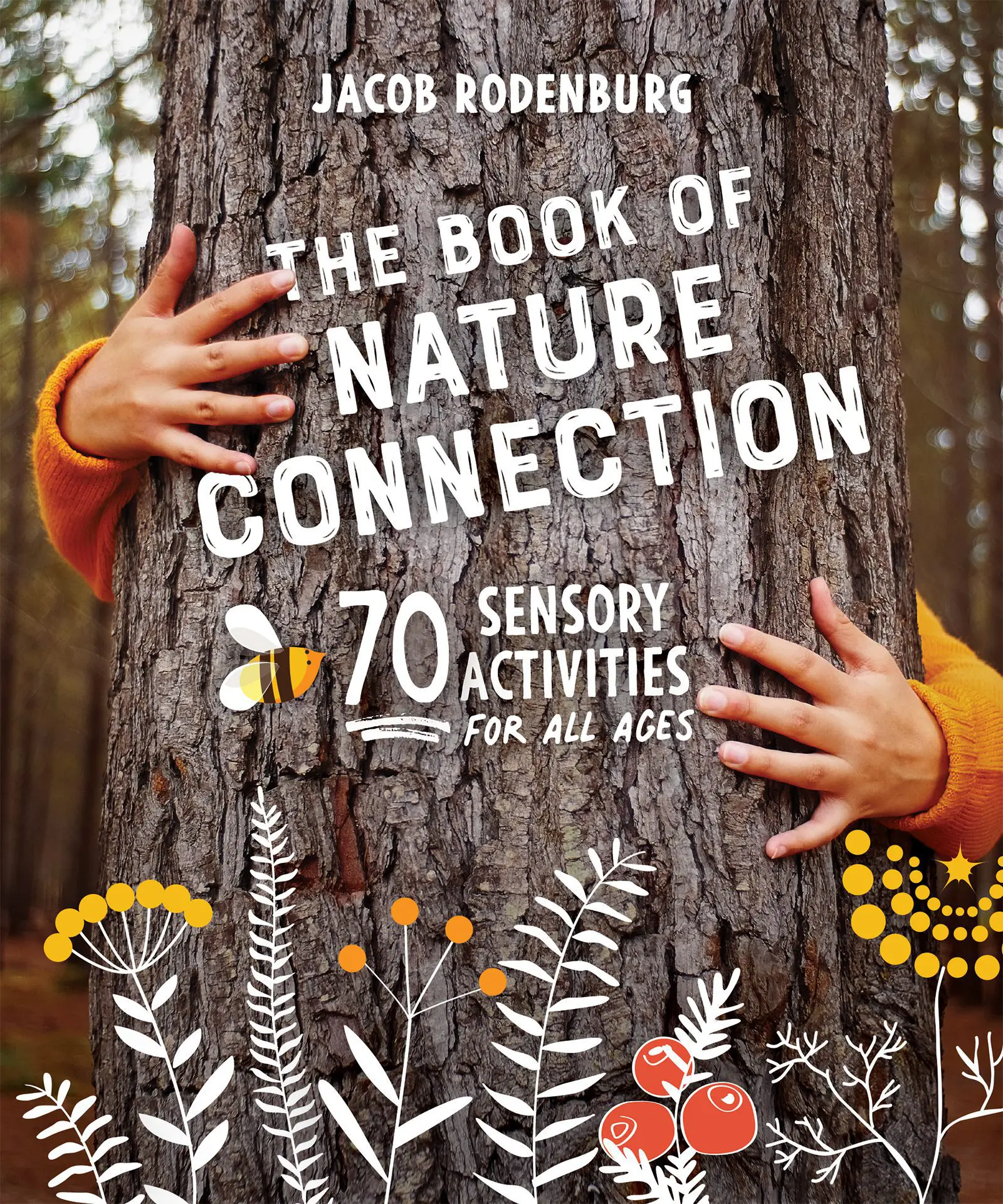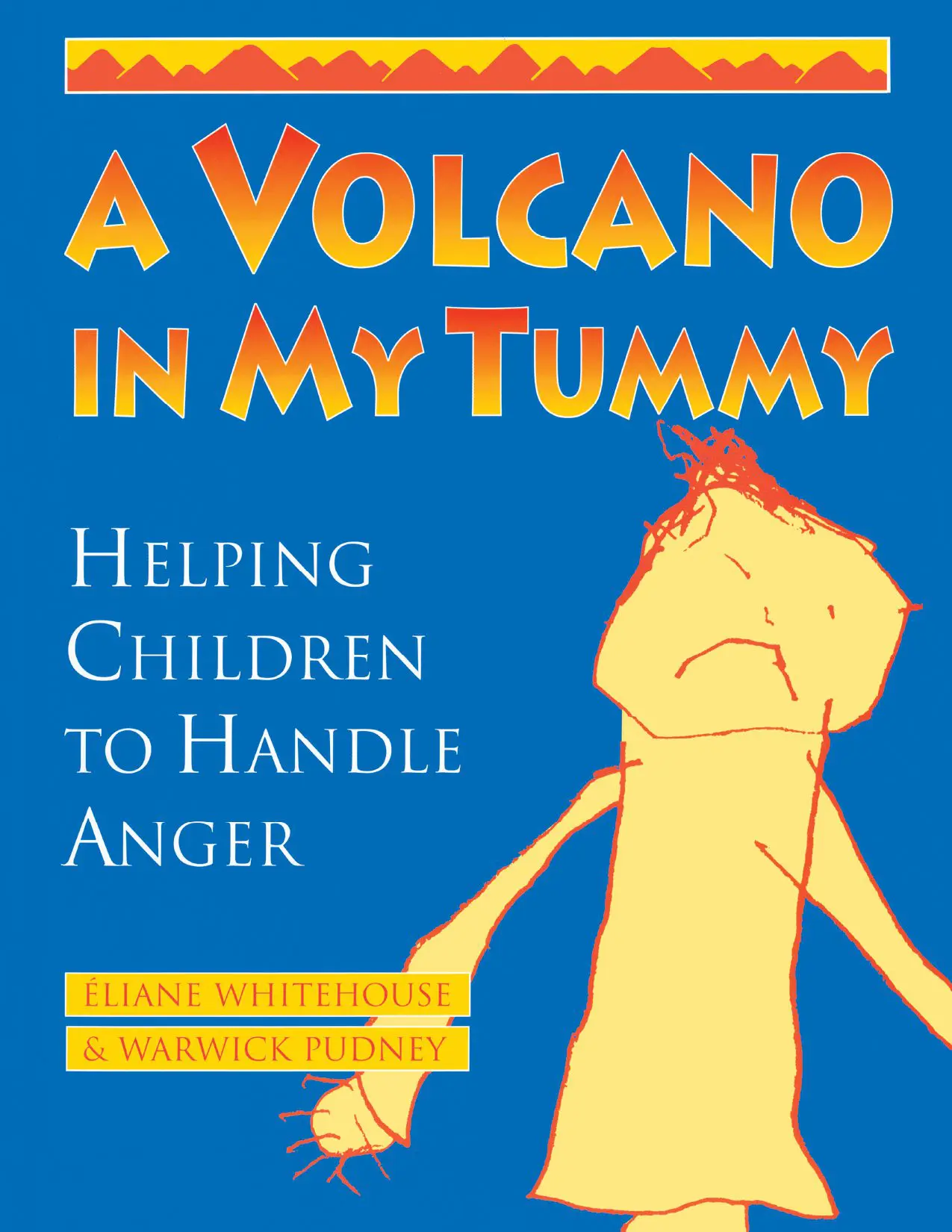
How much screen time is too much for kids? What are the effects? How can I take control of screens in our family? Will I go crazy without a handy iPad to hand to my kids? Will they? What if they’re bored?
These questions probably sound pretty familiar to most parents these days. But the prospect of a screen-less household is pretty daunting in these busy times. Is it even possible to take back some of the control digital devices and media are gaining over our lives? In Childhood Unplugged, author Katherine Martinko takes a bold approach to creating healthy boundaries around the use of digital media, suggesting kids should be offline for the majority of their time. Outlining the troubling science around brain development and digital media, she then draws on 13 years of screen-free parenting to lay out an accessible, encouraging instruction manual for radically reducing screen time, no matter what age or digital-media involvement stage your kids are at.
Chapter 2: Amplify, Don’t Amputate
This is not about bashing technology or fueling moralistic panic over how digital media is ruining society. I do not want us to go back to living in the Middle Ages, threshing wheat in a field by day and dancing in the town square at night. (Well, some public dancing wouldn’t hurt.) This is about recognizing and respecting what technology can do, knowing where it belongs, and constructing healthy boundaries to keep it there. To be clear, I am not anti-tech. I am anti losing so much else when tech is allowed to take over every aspect of our lives.
In thinking about digital media’s role in our lives, I’ve become a proponent of the “amplification versus amputation” concept. I first heard this mentioned in a conversation between Tiffany Shlain, author of 24/6: The Power of Unplugging One Day a Week, and Krista Tippett, host of the podcast On Being. Shlain, who’s a filmmaker and developer of the Webby Awards, is no Luddite; neither is her husband, Ken, a professor of robotics at UC Berkeley. But she has become an advocate for weekly technology fasts, known as tech shabbats, because she believes it’s important to approach technology critically. As she tells Tippett, she and Ken are “into [technology], but not into it all the time.” They are “both really interested in this question of ‘what does it amplify, what does it amputate?’”

That simple comparison—does it amplify or amputate?—does a good job of illustrating how something that is useful and entertaining in some ways can be harmful in others. It’s a tough dichotomy to grasp, but I’ve found that using this little comparison as a mental measuring stick helps me to evaluate situations, particularly those relating to kids. When you take back control of tech use in your household, you begin to view it objectively. You start to understand that how it’s used has a noticeable effect on your feelings and your child’s response to the world around them.

An example of technology amplifying life would be my youngest son taking violin lessons on Zoom. Once a week, he logs on to meet his teacher, who lives three hours away. She does a remarkable job at teaching him a musical instrument using a camera and microphone, something that would have been inconceivable a decade ago. That same powerful technology, however, does not belong in my son’s hands as his primary form of entertainment, especially if it makes him disinclined to discover books, build forts, race down the street on his bike, and engage in conversation. That would be an example of digital media amputating his world, rather than amplifying it.










